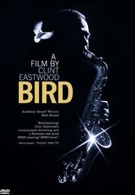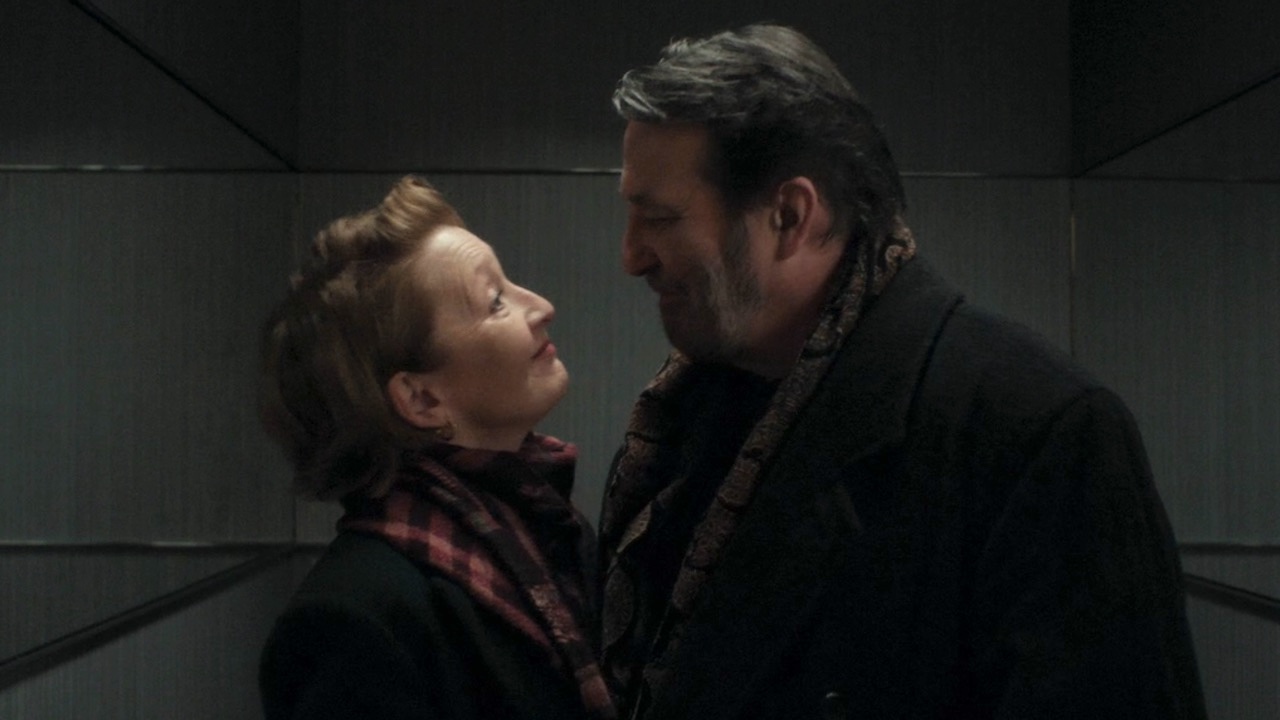Nearly 20 years before he turned in the mesmerizing performance as a real person that won him an Oscar, Forest Whitaker had another role of a lifetime in Bird, Clint Eastwood’s fragmented, atmospheric biopic of tragic jazz musician Charlie Parker. As the title character—“Yardbird” was his nickname—Whitaker is moody and mercurial, capable of ladykilling charm and pathetic desperation. He takes the role of a brilliant drug addict and runs with it, and with his co-star Diane Venora creates two characters worth watching amid a messy drag of a film. Venora plays Chan Parker, wife to Charlie and apparently a crucial source for Eastwood when he researched the film with screenwriter Joel Oliansky. Chan’s perspective gives lots of insight into the domestic scenes of her husband’s life, most crucially his attempted suicide following the death of their young daughter. But it also seems to tilt the film’s emphasis from the man’s work to his life, which isn’t a particularly fair balance even given a life as fascinating as Parker’s. Jazz fans might feel shorted, while frequent biopic watchers may feel they have seen the story before, from the rise to fame to the drug troubles to the tragic, early death.
In fairness to Eastwood, he’s telling a standard story in a remarkably non-standard way, jumbling up the events of Parker’s life so that scenes jump from the peak of the 1940s Jazz Age to Parker’s multiple stays in psychiatric wards. The idea is to make the whole thing feel like a jazz riff; taken in parts, it feels jumbled and strange, but its general ideas and sensations carry you through. This works for some segments, like depicting the atmosphere around New York City’s jazz scene in the 1940s, and exploring Parker’s relationships with his collaborators (including Dizzy Gillespie, played well by Samuel E. Wright) . For getting to know the actual man, though, the jumpy time period is disorienting, and makes it difficult to understand how one event in his life influenced the next. That’s no small matter when you’re watching a man repeatedly reach the brink of his addiction, only to pull back at the last moment—until, of course, it’s too late.
The film’s pitch-black, occasionally murky cinematography makes for rough viewing on a small television, but would be a treat for anyone looking for the way Eastwood’s distinct visual style has evolved over the years (and who has a substantial home theater setup). Bird is a classic example of a difficult, arty movie—it was nominated for the Palme d’Or at Cannes—but offers much to enjoy, especially for those with any knowledge of jazz. If nothing else it’s a chance to see both Whitaker and Venora in roles that should have made them both stars—it’s a ridiculous shame that only one of them has made it that far.
Despite coming so long after the movie’s theatrical release, the DVD of Bird is quite bare bones. The only extras included are a theatrical trailer, par for the course, and a music-only cut of the film, which seems beside the point in a film so dominated by music to begin with. The better bet for music fans is the accompanying music sampler, which includes several songs as heard in the film, with remastered sound based on Parker’s original recordings. Any fans of Charlie Parker, though, will probably have more than enough music of their own already, and jazz and bebop neophytes won’t have gotten enough knowledge about the music from the film to be too interested in the CD.
Though Bird is a difficult movie that has been overshadowed by Eastwood’s many accomplishments in the following years, it still deserves a better DVD release than this slim edition.
Your Daily Blend of Entertainment News
Staff Writer at CinemaBlend


